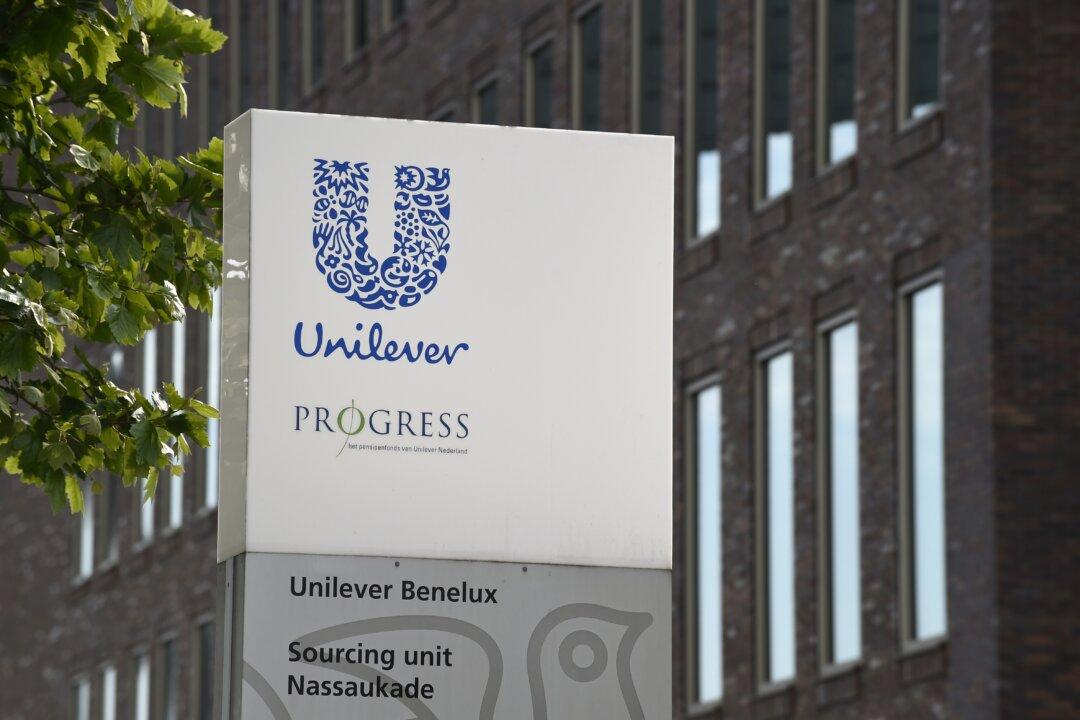LONDON—Major consumer companies including Unilever, Procter & Gamble, and Nestle are chasing consumers who want food and household goods delivered automatically, even though this kind of business has not always worked.
The companies are pitching new online subscription services, which promise stable revenues, lower delivery costs, and valuable data about customers.
The world’s biggest packaged food company, Nestle, whose Nespresso coffee is already a sizeable subscription business, recently launched a subscription program for nutritional drinks in Japan and expanded ReadyRefresh, an online bottled water service, in the United States.
It also wants to expand the Tails.com subscription pet food from Britain to continental Europe, one of its executives told Reuters. It is testing the service in France for a possible launch this year.
Unilever on Jan. 21 will launch its Skinsei brand in the United States after testing, offering “personalized” skincare by subscription. Unilever expanded its Dollar Shave Club subscription razor service to include cologne and beard oil in 2018 and toothpaste in 2017.
Meanwhile, Procter & Gamble, the world’s largest home and personal care company, expanded its Gillette on Demand razor subscription service to Canada. Subscribers can text when they are ready for their next shipment.
Selling directly lets manufacturers skirt retailers, giving them more profit and control over pricing, promotions and merchandising. This helps when retailers such as Amazon and Sainsbury’s are pressing consumer product companies for discounts and pouring resources into own-label products.
Subscription selling gives them guaranteed revenues, a better picture of customers and can make goods cheaper to deliver.
“They’re getting it to you on a specific date, but they don’t have to get it to you in one or two days,” said retail analyst Scott Mushkin at Wolfe Research. “It’s a way for them to manage down their logistics and distribution costs.”
Amazon has offered discounts since 2006 with its Subscribe and Save program, which gives people up to 15 percent off when they sign up for repeat deliveries of household items.
It is now “a multi-billion dollar business inside Amazon”, said Tom Furphy, CEO of venture capital firm Consumer Equity Partners and former vice president of Amazon’s consumables unit, which launched the service.
Waning Interest
Liz Cadman, founder of mysubscriptionaddiction.com, said children’s educational boxes were the U.S. website’s hottest category in 2018, followed by grooming, makeup, and beauty. Biggest losers were snacks, clothing and pet goods, she said.
The trouble with subscriptions, analysts say, is high cancellation rates as consumers get bored, high marketing costs, costly delivery and the fact that people often end up with goods they don’t want.
Mondelez International has suspended its Oreo Cookie Club, a program rolled out last year. For $20 per month, subscribers got a box containing Oreos in different flavors, with recipe cards, candy and merchandise such as Oreo-branded socks, sunglasses or cups.
After three months, Ruby Scarbrough canceled her subscription, saying in an online review that she could buy the cookies more cheaply at a store.
Jeff Jarrett, global head of e-commerce at Mondelez, pointed to the challenges of delivering mass-market snacks economically and keeping customers interested.
Nobody has “cracked the code” for snack subscriptions, he said, though Mondelez may give its Oreo club another shot, likely with more flavors, better merchandise or a better online experience.
General Mills axed its Nibblr subscription snack business in 2015 after 18 months. A similar project from Kellogg, reportedly planned for that year, never materialized. Walmart shut its Goodies subscription snack business in 2013 after a year.
While subscriptions delight some consumers, they frustrate others because “you end up with too much of the product or too little”, Procter & Gamble CFO Jon Moeller told Reuters.





